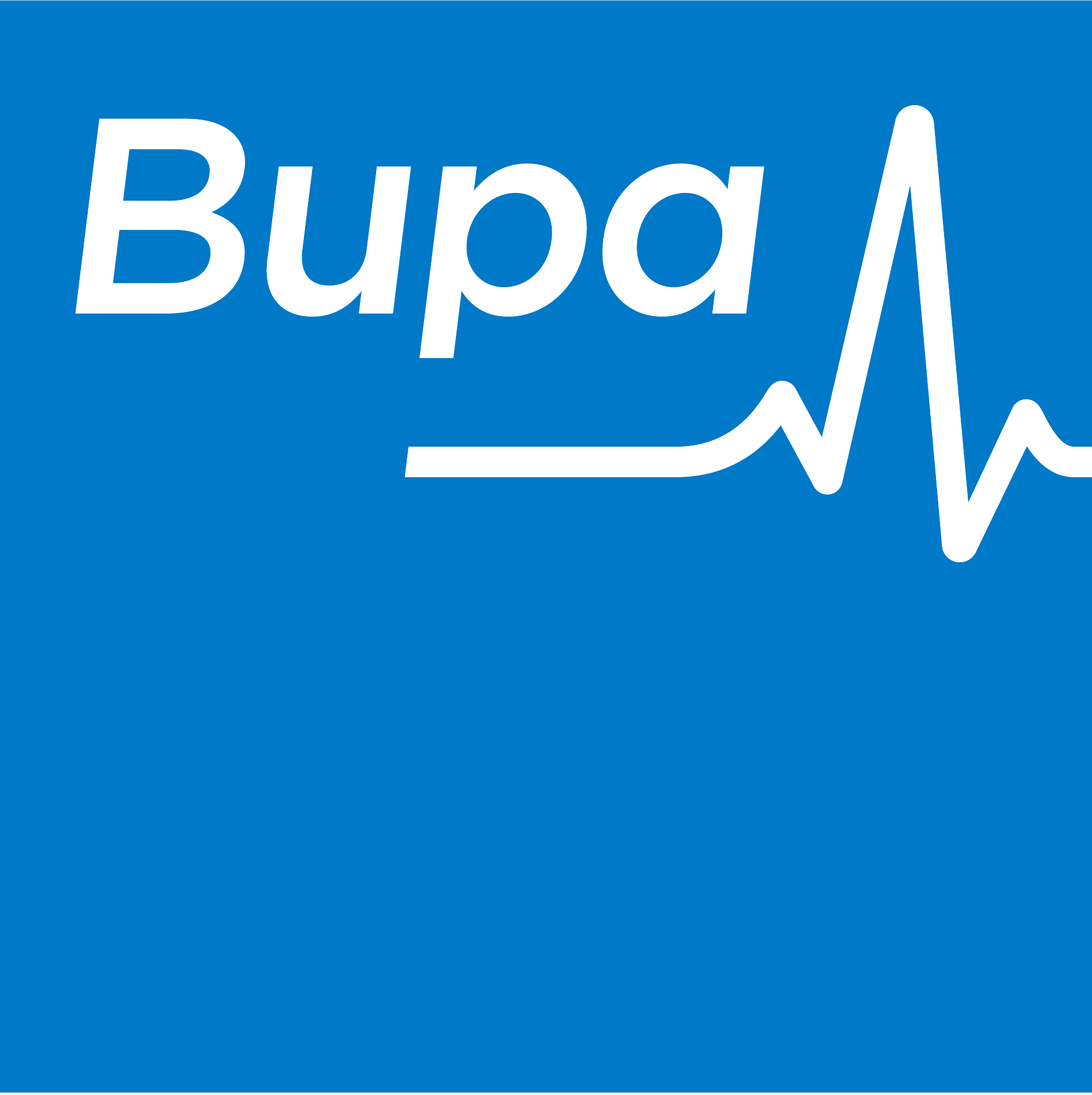Despite a light being shone on men’s health by campaigns such as Movember and Men’s Health Week, the general view is that men can still find it difficult to open up and talk about health issues, especially to healthcare professionals. Yet when King Charles was diagnosed with an enlarged prostate, visits to the relevant page of the NHS’s website went up from 1,414 the day before to 16,410 the day after. The website for charity Prostate Cancer UK saw a doubling of the number of visits.
Even if we assume that a few of those visits were by loved ones searching for information for someone close to them, it shows that when a men’s health issue is raised in the media, it has the potential to unlock a strong desire to discover more.
Why does this matter to HR? According to research by Prostate Cancer UK in 2022, there could be as many as 14,000 men living with undiagnosed prostate cancer. While some of these cases are caused by a post-pandemic backlog, it still represents an awful lot of men who are living with a condition which one in eight men will be diagnosed with at some time in their lives.
Silent stress
Why this matters is because of the ‘silent stress’ that it represents. Even at stage three, survival rates for prostate cancer had a five-year survival rate of 95% between 2015 and 2017. But that is dependent on men recognising the symptoms and then coming forward to seek help. In general, there’s a reluctance in men to talk about issues, and instead to ignore them. This isn’t just the case with prostate cancer but also with other sensitive men’s health issues such as fertility and erectile dysfunction. Not only can this delay treatment, it can have an impact on relationships and home life, both of which have a further impact on performance at work.
These conditions are only treatable when they are identified, and the earlier the better. Erectile dysfunction may be linked to a number of conditions, such as high blood pressure and diabetes. Left untreated, symptoms can get worse, or result in further complications. That means many of your male employees may be at a high risk of their health becoming progressively worse, with the short and longer term impact that this can have on a business as employees, and their families and partners, struggle to maintain the idea that nothing is wrong in the face of growing evidence that this isn’t the case.
We need to talk
As we’ve seen, given the right conditions, men are comfortable finding ways to explore and learn more about sensitive health conditions. That means giving them access to tailored support, and giving them the encouragement to know that opening up and talking about their health issues and fears is a natural thing to do.
Even though you might have work-based private health cover, there are good reasons to ask if this provides the right kind of support for male employees and the unique and very individual health concerns they might have. Does it allow male employees to seek the reassurance they need in private with health professionals who understand their issues and the sensitivity around talking about them?
This needs to include men’s sexual function and fertility as well as prostate and testicular screening. Because some of these illnesses can be impacted by lifestyle, it’s also vital that any comprehensive programme includes diet and exercise as part of its prevention programme.
It’s okay to open up
Providing comprehensive programmes that address the issues men have is only part of the solution. It’s also critical that these programmes are set up in an environment that gives men the green light to know they can talk about their health without fear, and that this is actively seen as a ‘good thing’ and something to be encouraged. Yes, men need the support which dedicated healthcare programmes can give, but they also need to work in an environment where it is clear that opening up to managers and colleagues about their worries and concerns will lead to these being treated seriously and sympathetically. If we can achieve that, we’ll no longer have to rely on media stories to encourage men to seek help and support, because that help and support will already be in place, and warmly welcomed.
Bupa
Focusing on inclusive wellbeing and sustainable healthcare, Bupa’s Well Health services empower employees to take an active role in their own health. They offer quick access to screening, diagnosis and aftercare for a range of wellbeing worries. Bupa’s Well Health services include a men’s sexual function plan, fertility checks, and testicular and prostate cancer screening. Screening for bowel cancer is to be available from January 2025. There are also services to support women’s health. These all enable a much better chance of spotting a problem early, before it becomes a bigger concern.
Well Health works alongside Bupa’s standard corporate health cover and is available if you have 50 or more employees on your scheme. If you would like to find out more please click here.












